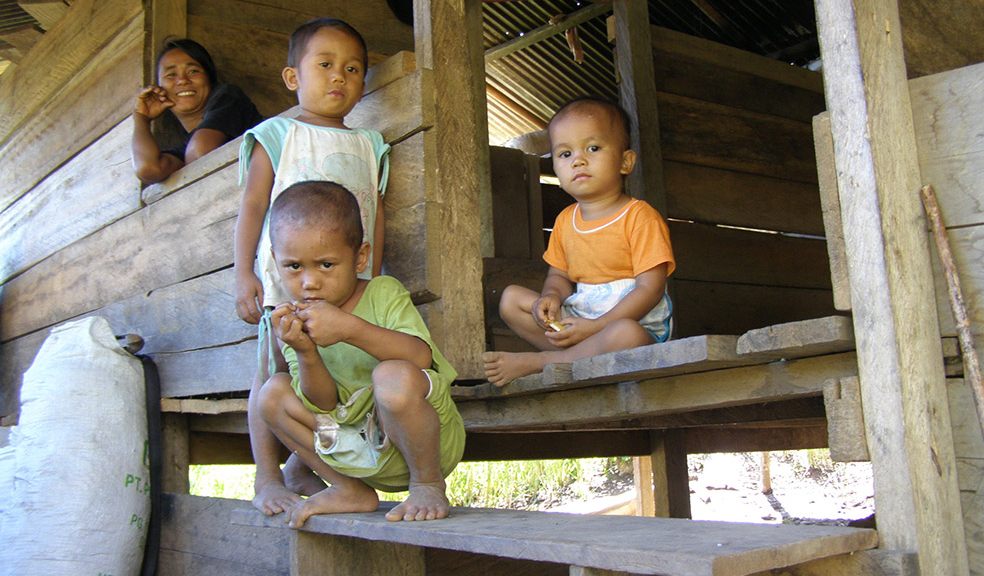
Thriving Together: people and nature in balance
A key regional conservation charity has signed up to a campaign highlighting an environmental issue that has been described as the world’s most important yet least discussed – population growth.
Wild Planet Trust, the charity that runs Paignton Zoo, Living Coasts in Torquay and Newquay Zoo in Cornwall, has joined the Thriving Together campaign, which recognises that family planning is critically important not only for women and girls but also for the environment.
The zoo charity joins 150 other leading environmental and reproductive health organisations pledging support for this first-of-its-kind campaign.
Dr Kirsten Pullen, Director of Conservation and Education for Wild Planet Trust, said: “Improving access to family planning services is important for both the environment and biodiversity. Conservation is as much about people as it is species and habitats. Growing human populations put pressure on resources like land and water and lead to conflict with the natural world. People need to survive and thrive, but so does nature.”
The United Nations warns that global population could rise from 7.7 billion today to 9.7 billion by 2050. Ensuring family planning is available to all who seek it is among the positive actions organisations can take to lessen the pressure of human population growth. Family planning contributes to women’s empowerment, improves family and general health, advances education and life opportunities and, by slowing population growth, eases pressures on wildlife and ecosystems.
The Thriving Together campaign is spearheaded by the Margaret Pyke Trust, which has over 50 years’ experience of family planning and is the only member of the International Union for Conservation of Nature (IUCN) with this expertise.
David Johnson, Chief Executive at the Margaret Pyke Trust says: “The existence of barriers to family planning is the most important ignored environmental challenge of our day.”
Steve Nash, Wild Planet Trust Group Education Manager, added: “When people think of conservation and zoos they think of our work with breeding programmes for threatened species, or support for field projects in the countries where these species live in the wild.
“Animals become rare for a reason, however, so for conservation to be truly effective, we also need to tackle the things that cause the rarity in the first place, and this usually comes down to people. Population growth is widely recognised as being one of the leading causes of habitat loss. If we can help tackle the cause, we can help minimise the issue, and this is why we support the work of the Margaret Pyke Trust.”













